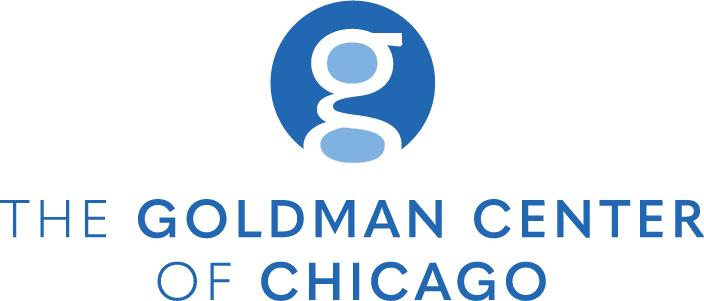Generalized anxiety disorder (GAD) is a disorder in which an individual has excessive fear or worry that about various areas that might cause challenges in navigating activities of daily life. Both children and adults can experience GAD. Children with GAD may experience anxiety surrounding their competence in school, performance in sporting events, personal safety, wellbeing of family members, natural disasters, or future events.
Children with anxiety disorders may experience:
- Trouble sleeping
- Fear when away from parents (separation anxiety)
- Extreme fear about a specific thing or situation, such as dogs, insects, or going to the doctor (phobias)
- Fear of school and other places where there are people (i.e., social anxiety)
- Fear about the future and about bad things happening (i.e., general anxiety)
- Repeated episodes of sudden, unexpected, intense fear that come with symptoms like heart pounding, having trouble breathing, or feeling dizzy, shaky, or sweaty (panic disorder)
Signs and Symptoms of GAD
A child with GAD experiences intense fear or worry which can manifest as:
- Headaches
- Muscular tension
- Restlessness
- Heart palpitations
- Upset stomach
- Fatigue
*Children may keep their concerns to themselves so it is possible to overlook physical manifestations.
Distinguishing GAD from typical anxious feelings
All children experience anxious feelings but children with GAD worry far more often and intensely than their peers in the same circumstance. A distinguishing factor of GAD from typical anxious feelings is the impact on daily function. These impacts negatively affect a child which could lead to abnormal behavior in school, activities, and at home. A child with GAD has a high probability of experiencing irritability, unwarranted anger, excessive amounts of stress, and the ability to properly function. Additionally, they are often self-critical and avoid activities that they may not be able to perform perfectly. Children experiencing GAD have a tendency to seek reassurances and comfort from teachers, guardians, and other caregivers to receive temporary relief from their worries.
You can learn more about the DSM-V diagnostic criteria for Generalized Anxiety Disorder here: ncbi.nlm.nih.gov/books/NBK519704/table/ch3.t15/
Treatment of Generalized Anxiety Disorder
Treatment of generalized anxiety disorder is unique to each child. Some children may benefit from psychotherapy, medication, or a combination of the two.
- What is Psychotherapy?: A child receiving psychotherapy works with a licensed mental health professional to help reduce their symptoms and learn skills to cope with their anxious feelings. The most effective form of psychotherapy is cognitive behavioral therapy.
- What Medications are used?: Medications used to treat generalized anxiety disorder include antidepressants, buspirone, and benzodiazepines.
Do you have questions or concerns about your child’s development? Contact us at (773) 998-8500 to speak with one of our live specialists who can answer your questions!
References
American Psychiatric Association: Diagnostic and Statistical Manual of Mental Disorders: Diagnostic and Statistical Manual of Mental Disorders, Fifth Edition. Arlington, VA: American Psychiatric Association, 2013.
https://www.cdc.gov/childrensmentalhealth/depression.html#:~:text=Anxiety%20may%20present%20as%20fear,the%20symptoms%20can%20be%20missed.









